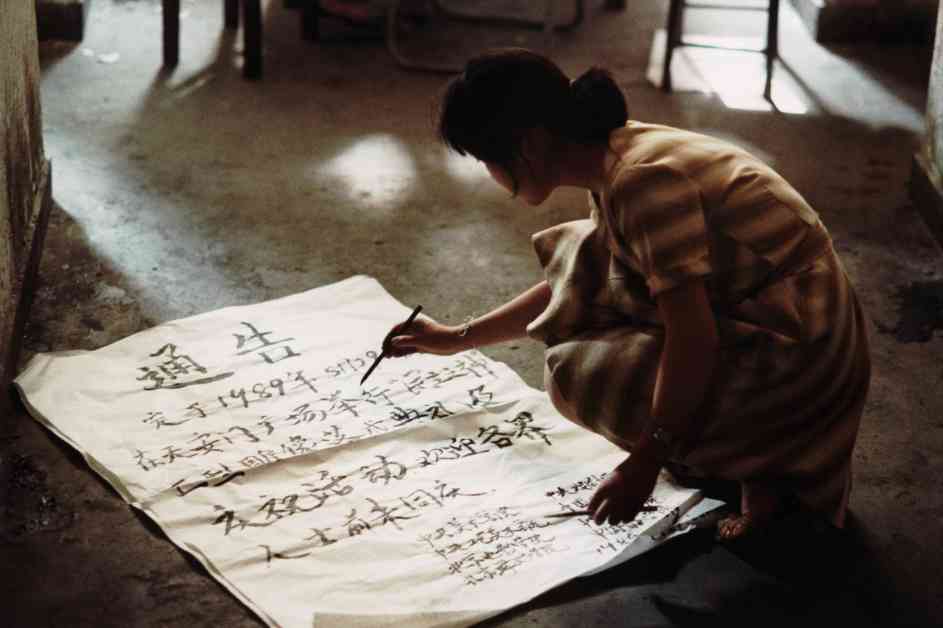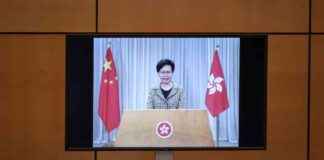This year marks the 35th anniversary of the 1989 mass demonstrations in Tiananmen Square in Beijing, China, and the subsequent brutal suppression on June 4th. The memories of these events are fading into the past, especially in China where censorship plays a significant role. Some Chinese government supporters even believe that the crackdown that ended the hopeful 1980s in China was justified.
On June 4, 2021, Hu Xijin, the former editor of the state-owned Global Times, tweeted that the conclusion on the June 4 incident will never be reversed in Chinese history. He believes that the political outcome of the incident helped shape the socialist path with Chinese characteristics, ultimately leading China to success. As time goes on, the incident is likely to be rejected more firmly.
However, for others, the crushing of the protests symbolized the end of hope for a more open China and represented the final rejection by the ruling Communist Party of a more liberal political system. Despite this, exiled activists and individuals in cities around the world continue to commemorate and draw inspiration from the protest movement.
ChinaFile has compiled various resources on the Tiananmen Square protests. These include links to articles and essays on the Tiananmen Protests, Democracy and the Democracy Movement, Dissidents and Activists, and Reform, among others.
Western media coverage of China played a crucial role in reporting on the Tiananmen story. Veteran foreign correspondent Mike Chinoy, who was covering the visit of Soviet Union leader Mikhail Gorbachev in May, stayed on to cover the protests. His recent book, “Assignment China: An Oral History of American Journalists in the People’s Republic,” is based on interviews with over 100 journalists who covered China from 1945 to the present day.
Journalist and author Ian Johnson wrote an essay and book review titled “The Ghosts of Tiananmen Square” on the 25th anniversary of the protests. The piece explores memory and forced forgetting surrounding the events of Tiananmen Square.
The South China Morning Post, in collaboration with ChinaFile, published an award-winning multimedia piece titled “Voices from Tiananmen.” This piece includes video interviews with witnesses of the Tiananmen protests, such as Chen Ziming, Bao Tong, Li Rui, and Zhou Duo.
In 2019, a group of young Chinese individuals shared how they first learned about the Tiananmen Square protests and massacre and their feelings about it. Their responses shed light on the impact of this historical event on different generations.
Particle physicist and writer Yangyang Cheng penned an essay titled “Four Is Forbidden,” discussing her experience studying China’s recent history while living in the U.S. and how she learned about the events of June 4th.
Filmmaker Liu Wei’s documentary “A Day to Remember/A Day Forgotten” captures the responses of individuals when asked if they knew what day June 4th was. The film highlights the lasting impact of the events of Tiananmen Square.
These various perspectives and reflections on the Tiananmen Square protests serve as a reminder of the importance of remembering historical events and their impact on individuals and societies.

















